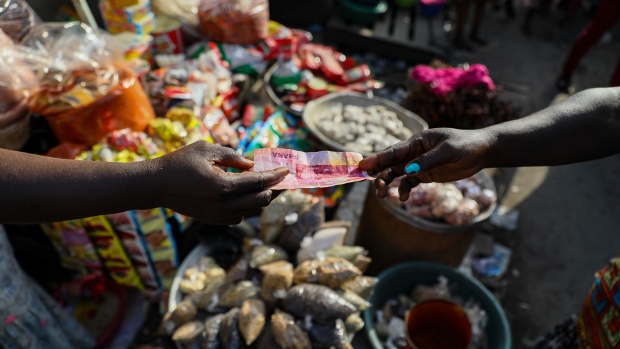Inflation for August 2024 has eased slightly, falling to 20.4% from 20.9% in July.
The Ghana Statistical Service(GSS) attributes this small decrease to a reduction in food inflation, which decreased to 19.1% from 21.5% the previous month.
However, non-food inflation experienced a rise, climbing to 21.5% in August from 20.5% in July.
This increase in non-food inflation offset the overall decline, but the modest reduction in food prices contributed to the slight overall slowdown in inflation.
Ghana’s inflation is expected to decline to between 15% and 18% by the end of 2024, Deloitte has revealed in its West Africa Economic Outlook.
It is expected to decline further in 2025, reaching below 10.0% in 2026 all things being equal.
Nonetheless, Deloitte cautioned that upside risks persist in the region.
“Rising consumer prices have been one of the major macroeconomic challenges plaguing developing countries, especially in West Africa. While inflation in Ghana now seems to be on a downward slope, it rages on in Nigeria”.
Inflation in Ghana has been on a steady decline since August 2023, with one or two months standing out from the trend.
The deceleration, Deloitte said, has been driven by a tight monetary policy stance, ongoing fiscal consolidation of the government, and relatively stable transportation fares.
Ghana’s annual inflation rate has fallen from a record high of 54.1% in December 2022 to a 27-month low of 20.9% in July 2024.
Disinflation trend to continue
Deloitte said the disinflationary trend in Ghana is expected to continue over the second half of the year.
The Bank of Ghana has a year-end inflation target of 15% plus or minus 2%.
“While this appears probable to achieve, there are upside risks, which largely arise from election spending and bouts of local currency volatility,” the financial services firm pointed out.
It warned that the anticipated increase in election-related spending will increase the level of money supply in the system, which could spur demand-pull inflation.
















